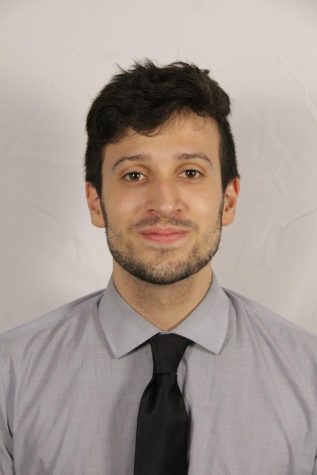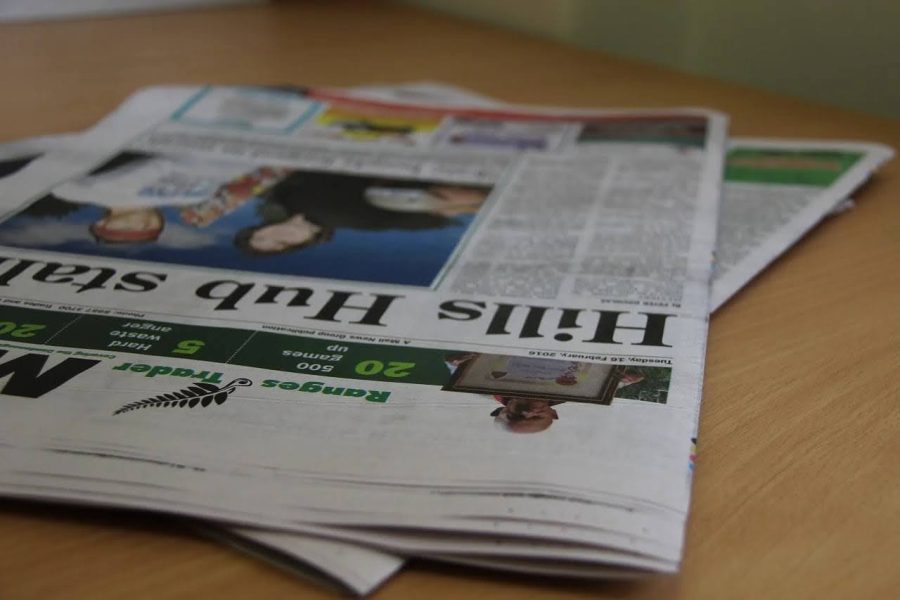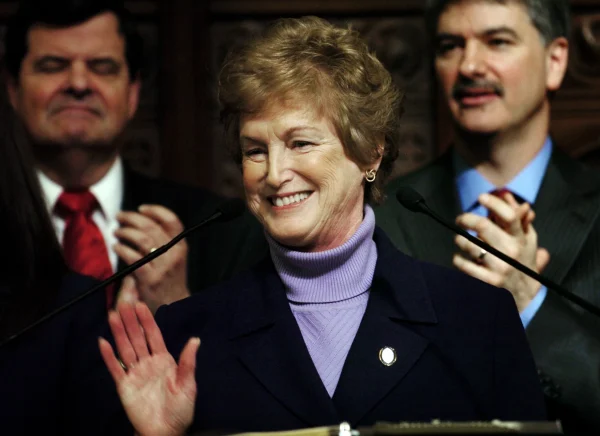Can political news articles make their language more inclusive?
Photo courtesy of Pixabay/pgdouglas
A stack of newspapers lies on a table.
There is a common misconception about the meaning of inclusivity—that it only goes so far as to limit exclusion and ensure the involvement of every party within a particular activity.
Inclusivity comes in many forms and cannot be watered down to making sure that everyone is physically involved. One major area lacking inclusivity is language in media, particularly news articles and academic journals.
Frances Likis, former editor-in-chief of the Journal of Midwifery and Women’s Health, wrote in an essay that “inclusive language must go beyond… avoiding exclusion,” and instead “be respectful, accurate, unbiased, and consistent with the preferences of the individuals and communities… being discussed.”
In political or sociological news articles and academic journals, this isn’t always the case.
News sources include language that is outdated, biased and grossly inconsistent with the preferences of the parties being written about.
This type of noninclusive language can take on many forms, such as inconsistencies in pronoun usage, outdated terminology used to refer to minority groups and one-sided arguments used in political news articles that invalidate the existence of particular communities.
Regarding pronoun usage, various news articles often lack the proper scrutiny to ensure that pronouns are properly used in their articles.
No matter the situation, misgendering someone is harmful. Throughout the past few decades, this has been increasingly common among reporting about transgender individuals who have been victims of hate crimes.
In January of this year, two transgender women were murdered in the span of two weeks—Tyianna Alexander and Courtney Eshay Key. Although local activists begged local news sources to take hate crimes more seriously and to stop misgendering victims, news stations continued to misgender transgender victims.
In an interview with the Columbia Journalism Review, author and journalist Meredith Talusan said, “News outlets unthinkingly report the legal name and gender of a person who has died without actually asking questions about how that person lived their life.”
This leads to surges in cases of misgendering. When news outlets report on people, it is essential that they look beyond legal documents, as that increases the risk of deadnaming and misgendering.
While some may not give weight to this issue, it is a critical roadblock that we must overcome to see inclusive language in political news articles and in journal articles. The pressing nature of this issue can be seen in a petition put out by Evan Greer on The Action Network, an open platform that empowers individuals and groups to organize for progressive causes. Greer is currently calling for more accountability among major news outlets to stop misgendering individuals. In the description of the petition, Greer says that she was “misgendered literally hundreds of times” in a few short hours following a TV interview she did. She says that misgendering “contributes to the violence, oppression, and self-doubt that trans and gender-nonconforming communities face every day.”
While issues with pronouns need to be addressed, so does discriminatory bias used by reports that delegitimize minority and other marginalized groups. While many major news outlets have been improving in this regard, it still remains an issue.
Linguistic analyst Danielle Kilgo, from the University of Minneapolis, wrote about this in an analysis about the way that media bias delegitimizes Black rights protesters. Kilgo said that throughout decades of news reporting on demonstrations and protests for Black rights, news sources have consistently overreported on the disruptions caused by protests, rather than the actual cause of the protests, such as police brutality and systemic racism.
To address the issue of non-inclusive language, Oregon Health & Science University published a guide on inclusive language which spans from race and ethnicity to immigration status, gender identity, sexual orientation and ability. The guide gives terms to avoid regarding certain groups as well as terms that are acceptable to use.
Using non-inclusive and biased language in political news articles and journal articles is inherently harmful to both our democracy and the marginalized communities impacted by the language.

Samuel Weinmann is a passionate journalist who is a junior international affairs major at the University of New Haven. As the editorial head of the Charger...





